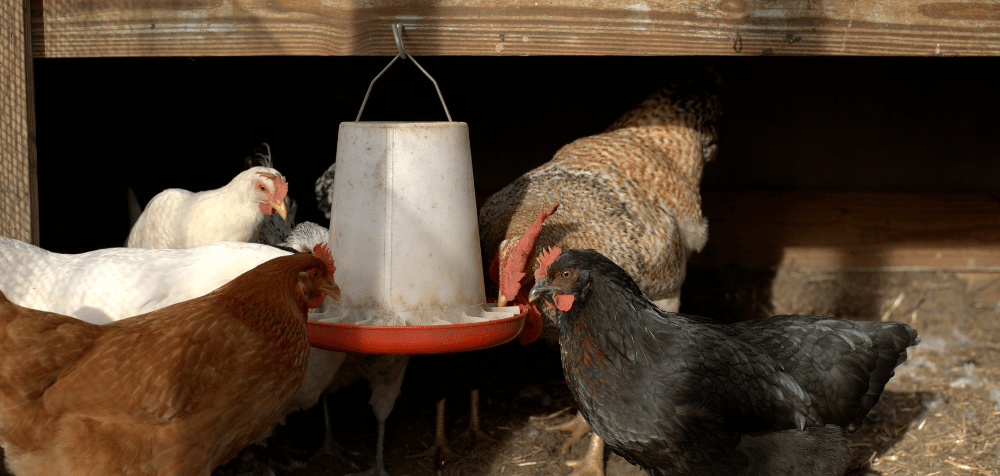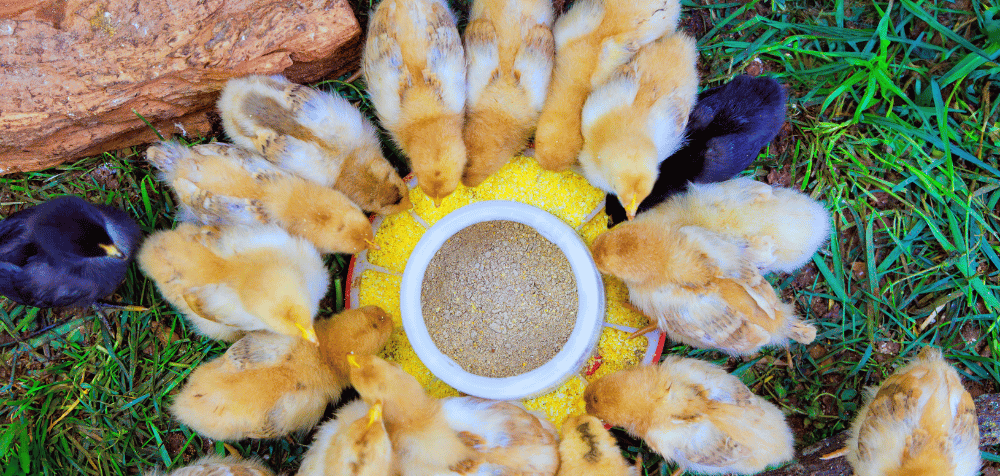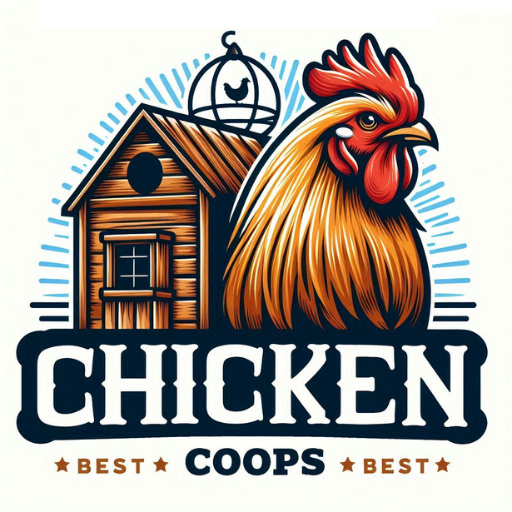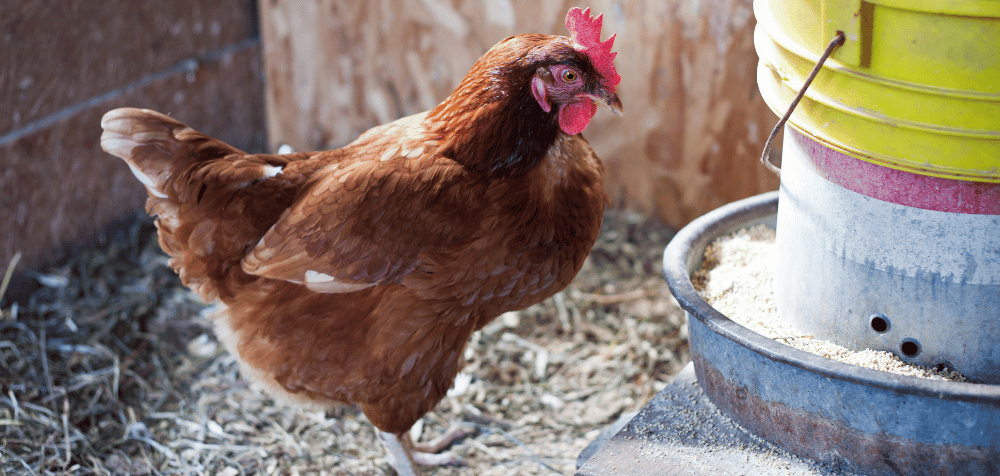When it comes to raising chickens, having the best chicken feeder is essential. A good feeder ensures your chickens are well-fed, helps minimize waste, and can even reduce the risk of pests and contamination.
With so many options on the market, choosing the right one can feel overwhelming. But don’t worry! In this guide, we’ll walk you through everything you need to know about selecting the best chicken feeder for your coop.
Why You Need a Good Chicken Feeder?
Before we dive into the types of feeders, let’s discuss why having a quality feeder is important. The best chicken feeder for your flock will:
- Reduce food waste: Chickens tend to scratch at their food, which can result in waste. A well-designed feeder can help prevent this.
- Keep pests out: A good feeder minimizes the chances of rodents, insects, or wild birds getting into your chickens’ food.
- Promote health: Clean and well-maintained feeders reduce the risk of contamination and disease.
- Convenience: A feeder that is easy to fill and clean will save you time and effort.
Factors to Consider When Choosing the Best Chicken Feeder

When searching for the best chicken feeder, there are several factors to consider. Not all feeders are created equal, and what works for one coop may not work for another.
Here’s what you should keep in mind when finding the best chicken feeder for your chickens:
1. Size of Your Flock
One of the first things to consider is how many chickens you have.
The size of your flock will determine the capacity of the feeder you need. Larger flocks will require bigger feeders, or you may need to invest in multiple feeders to ensure that all your chickens can eat at the same time without overcrowding.
- Small Flock (1-5 chickens): A small feeder that holds about 5-10 pounds of feed is usually enough.
- Medium Flock (6-10 chickens): You’ll need a feeder that holds around 10-20 pounds of feed.
- Large Flock (10+ chickens): For larger flocks, look for feeders that hold 25 pounds or more, or consider buying multiple feeders.
2. Material
Chicken feeders come in various materials such as plastic, metal, and galvanized steel. Each has its pros and cons, so it’s important to choose the one that fits your needs.
- Plastic Feeders: Lightweight, affordable, and easy to clean, but they may not last as long as other materials, especially if exposed to harsh weather conditions.
- Metal or Galvanized Steel Feeders: More durable and long-lasting, these feeders are great for outdoor use. However, they tend to be heavier and can rust if not properly maintained.
- Stainless Steel Feeders: The most durable option and resistant to rust, though often more expensive. These are ideal for coops in damp climates.
3. Feeder Design
The design of your chicken feeder matters more than you might think. There are several different designs available, each with its own benefits.
- Trough Feeders: These long feeders are great for larger flocks because multiple chickens can eat at the same time. However, they are more prone to spillage and waste.
- Hanging Feeders: These are suspended off the ground to prevent your chickens from stepping in their food and reducing waste. They are an excellent choice for small to medium-sized flocks.
- Treadle Feeders: These feeders have a mechanical step that the chicken steps on to open the feeding area. Treadle feeders are the best chicken feeders if you’re looking to keep pests like rodents out of the food.
- Automatic Feeders: Automatic feeders are a great option if you’re often away from your coop. They allow chickens to eat when they want and can hold larger amounts of food.
4. Ease of Cleaning
A clean feeder is essential for maintaining the health of your chickens. When choosing the best chicken feeder, look for one that’s easy to take apart and clean. Feeders with fewer crevices and nooks will be easier to sanitize. Metal feeders are generally easier to clean than plastic ones, as plastic can retain odors and bacteria.
5. Weather Resistance
If your chicken feeder will be outside, you need to make sure it’s weather-resistant. Feeders that are exposed to the elements need to be able to handle rain, snow, and sun without rusting, cracking, or leaking. In this case, galvanized steel or stainless steel feeders are the best options.
Top 5 Best Chicken Feeders

Here’s a quick breakdown of some of the best chicken feeders available on the market today, each with its unique features to help you find the one that suits your needs.
- Grandpa’s Feeders Automatic Chicken Feeder
- Capacity: 20 pounds
- Material: Galvanized steel
- Best for: Pest prevention with treadle design
- Little Giant Hanging Poultry Feeder
- Capacity: 30 pounds
- Material: Plastic
- Best for: Larger flocks and easy hanging installation
- RentACoop 10lb Capacity Feeder
- Capacity: 10 pounds
- Material: BPA-free plastic
- Best for: Small flocks and backyard coops
- Royal Rooster Chicken Poultry Feeder
- Capacity: 6.5 pounds
- Material: UV-resistant PVC
- Best for: Weatherproof and efficient feed dispensing
- Harris Farms 2 Piece Galvanized Hanging Feeder
- Capacity: 15 pounds
- Material: Galvanized steel
- Best for: Durability and outdoor use
How to Maintain Your Chicken Feeder
Once you’ve chosen the best chicken feeder, proper maintenance is key to ensuring it lasts a long time and continues to serve your flock well. Here are some simple maintenance tips:
- Clean regularly: Aim to clean your chicken feeder at least once a week. Remove old feed, scrub the feeder with warm, soapy water, and allow it to dry completely before refilling.
- Check for wear and tear: Periodically inspect your feeder for any signs of damage, such as rust or cracks. Repair or replace as needed to ensure the feeder remains safe and functional.
- Keep it dry: Wet feed can mold and make your chickens sick. Make sure your feeder is placed in a dry location or covered to prevent rain from getting in.
Conclusion
Choosing the best chicken feeder for your coop may seem daunting at first, but by considering the size of your flock, the material, design, and maintenance requirements, you can find a feeder that meets your needs and keeps your chickens healthy and happy.
Whether you opt for a basic plastic hanging feeder or invest in a durable stainless steel automatic feeder, the right choice will make all the difference in managing your coop efficiently.
Remember, a good feeder is an investment not only in your convenience but also in the well-being of your chickens!

